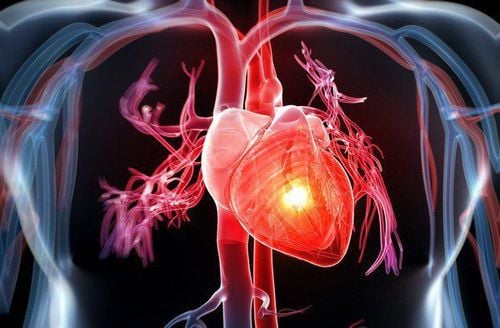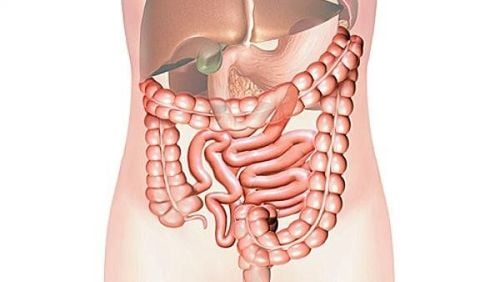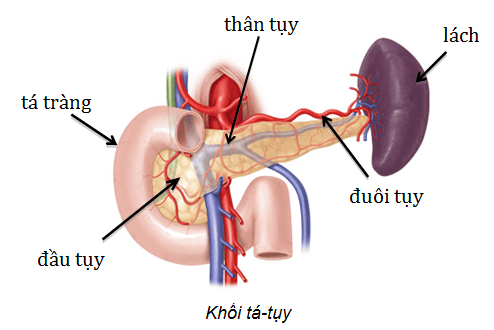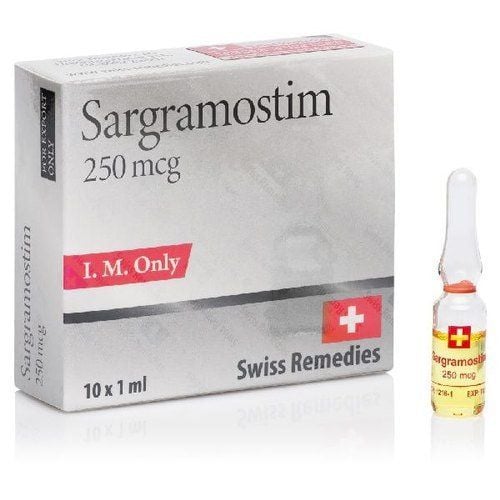This is an automatically translated article.
A late effect after cancer treatment is a side effect that occurs months or years after treatment. Many people who have received cancer treatment are at risk of developing long-term side effects. In fact, the evaluation and treatment of these late effects is an important part of care and treatment.1. Side effects caused by surgery
Long-term side effects from surgery depend on the type of cancer and the site of surgery.
Bone and soft tissue cancer survivors may experience physical and emotional effects from the loss of all or part of a limb. An example is phantom leg pain. This is the sensation of still having pain in the limb even though the limb is gone. People who have had surgery to remove lymph nodes or radiation therapy to the lymph nodes may experience lymphedema. Lymph nodes are small, bean-shaped organs that help fight infection. Lymphedema is when lymph fluid builds up causing swelling and pain. Men and women who have had certain surgeries on the pelvis or abdomen are likely to be infertile.
2. Cardiovascular side effects
Both chemotherapy and radiation to the chest can cause heart problems. Survivors who have a higher risk of long-term side effects include:
People who were treated for Hodgkin lymphoma as children People 65 years of age and older People who received higher doses of chemotherapy normal People who are already using certain medicines, such as trastuzumab (Herceptin, Ogivri) and doxorubicin (Adriamycin, Doxil)

Cả hóa trị và xạ trị vào ngực đều có thể gây ra các vấn đề về tim
3. Long-term side effects related to the lungs
Chemotherapy and radiation to the chest can damage the lungs. Cancer survivors who are treated with both chemotherapy and radiation may have a higher risk of lung damage. Some medications that can potentially cause lung damage include: Bleomycin (Blexane), emollients (Becenum, BiCNU, Carmubris), methotrexate.
Late effects may include: Thickening of the lung lining, pneumonia, difficulty breathing.
People with a history of lung disease and older adults may have additional lung problems.
4. Endocrine system (hormone) problems after cancer treatment
Some cancer treatments can affect the endocrine system. The endocrine system consists of glands and organs that make hormones and produce eggs or sperm. Cancer survivors who are at risk for hormone changes from treatment should have regular blood tests to measure hormone levels.
5. Menopause after cancer treatment
Many cancer treatments can cause women to have menopausal symptoms. These include surgery to remove the ovaries, chemotherapy, hormone therapy, and radiation therapy to the pelvic area. Menopausal symptoms caused by cancer treatment can be worse than natural menopause symptoms.
Some women can stop menstruating after taking hormone therapy. For some young women, menstruation may return after treatment. But women over 40 are less likely to have their periods again. Even if cancer treatment doesn't cause menopause right away, it can still cause menopause to start earlier than usual.
6. Hormonal problems in men after cancer treatment
Men may experience symptoms similar to menopause in women from some treatments. These include hormone therapy for prostate cancer or surgery to remove the testicles. Symptoms can include changes in sex drive, hot flashes, and osteoporosis.
7. Infertility after cancer treatment
Treatments that affect the reproductive organs or the endocrine system increase the risk of infertility. Infertility caused by cancer treatment can last for a short time or it can be permanent.

Phương pháp điều trị ảnh hưởng đến cơ quan sinh sản hoặc hệ thống nội tiết làm tăng nguy cơ vô sinh
8. Hormonal problems from head and neck radiation therapy
Radiation therapy to the head and neck can lower hormone levels or cause changes in the thyroid gland.
9. Bone, joint and soft tissue problems
Chemotherapy, steroid drugs, or hormone therapy can cause osteoporosis, thinning bones, or joint pain. Immunotherapy can cause problems in the joints or muscles, also known as rheumatic problems. Some people may be at higher risk for these problems if they are not physically active.
Cancer survivors can reduce their risk of osteoporosis in the following ways:
Avoid smoking Eat foods rich in calcium and vitamin D Become active Limit alcohol intake
10. Brain, spinal cord and nerve problems
Chemotherapy and radiation therapy can cause long-term side effects to the brain, spinal cord, and nerves. These late effects include:
Hearing loss caused by high dose chemotherapy, especially drugs like cisplatin. Increased risk of brain stroke from high-dose radiation Nervous system side effects, including damage to nerves outside the brain and spinal cord (called peripheral neuropathy) To check for these effects, People after cancer treatment should have regular physical and hearing tests.
11. Decreased memory and learning ability
High doses of chemotherapy and radiation to the head and other areas of the body can cause cognitive problems for both adults and children. Cognitive problems occur when a person has difficulty processing information. People after cancer treatment who experience any of these problems should talk to their doctor for advice.
12. Oral health and vision problems
People after cancer treatment may experience oral health problems, depending on the treatments they receive:
Chemotherapy can affect tooth enamel and increase the risk of long-term dental problems. High-dose radiation therapy to the head and neck area can alter tooth growth. It can also cause gum disease and lower saliva production, causing dry mouth. Steroid medications can increase the risk of eye problems such as peeling of the eye that affects vision (cataracts). To monitor these problems in the future, patients should schedule regular appointments with their dentist and ophthalmologist.
13. Digestive problems after cancer treatment
Surgery or radiation to the abdomen can cause scarring, long-term pain, and intestinal problems that affect digestion. Furthermore, some people may experience chronic diarrhea that impairs their ability to absorb nutrients.
Phẫu thuật hoặc xạ trị đến vùng bụng có thể gây sẹo, đau lâu và các vấn đề về đường ruột ảnh hưởng đến tiêu hóa
14. Emotional problems
This is an anxiety disorder. Cancer survivors often experience a variety of positive and negative emotions, including: being saved, feeling grateful to be alive, fear of recurrence, resentment, guilt, annoyance late, anxious, lonely.
Patients at this time, in addition to psychological reassurance support from their families, they need support from teams of experts in psychological clinics, combining the correct application of therapy is also one of the important factors. It is important to help cancer patients overcome their fears, depression, and feelings of torment.
15. Cancer recurrence after treatment
Secondary cancer can be a new primary cancer. Or, it may have spread to other parts of the body. It can develop as a late effect of previous cancer treatments, such as chemotherapy and radiation.
16. Damage to bone marrow stem cells
Chemotherapy and radiation increase the risk of acute leukemia or myelopathy. Myelodysplasia is a blood cancer in which normal components of the blood are either not made or are abnormal.17. Tired
Fatigue is a persistent feeling of physical, emotional or mental decline or exhaustion. This is the most common side effect of cancer treatment. Some successful post-cancer people experience fatigue for months or even years after treatment ends.
Please dial HOTLINE for more information or register for an appointment HERE. Download MyVinmec app to make appointments faster and to manage your bookings easily.
Article referenced source: Cancer.net












